
It is a completely normal thing for new parents to be worried about their babies’ bowel movements, sleep patterns, diet and what not. They commonly worry about the amount and frequency of the baby’s stool, the color of the stool as well as its solidity. The bowel movements may involve different color, textures and odors which are all based of what the baby eats. It is a normal thing for toddlers to have a much softer stool than the adults. Having a loose stool from time to time is completely normal. Diarrhea is when a person suffers from profuse, frequent watery stools.
Baby Diarrhea Causes
Baby diarrhea can be triggered by a large number of different factors and causes but the most common ones may or may not include poisoning, drinking too much fruit juice, sensitivity to medications, food allergies, parasites, viral infections and bacterial infections. Infections may occur due to exposure to contaminated water or contaminated food, or simply by touching surfaces infected with harmful microorganisms and then touching the mouth. It is very important to wash the hands before eating because it may prevent the occurrence of diarrhea. Kitchen and bathroom surfaces need to be clean and all food items need to be maintained safely.
Effects of Baby Diarrhea
Diarrhea may be very harmful because it affects the balance of water and electrolytes in the body of a toddler. When there are too much of them lost in diarrhea, it all may lead to dehydration which may be very dangerous when it occurs in babies. Dehydration can be recognized by certain signs and symptoms such as skin that isn’t elastic as usual, sunken soft spots on top of the head, unusual lethargy or drowsiness, no tears when crying, dry mouth, signs of thirst, irritability and urinating less often than usual. If a baby experiences vomiting, extreme lethargy, blood in the stools, abdominal pain or high fever, immediate medical attention needs to be sought. Severe cases of dehydration need to be treated with intravenous fluids in a hospital.
Baby Diarrhea Treatments
If a child suffers from bacterial infections or parasites, the doctor usually prescribes an antibiotic therapy for the treatment. In some cases, the doctor may recommend oral rehydration solutions which can be purchased in most well equipped stores. Bland starchy foods should replace solid foods in the baby’s diet. The baby should not eat any sweet foods, milk products, foods that are high in fiber and greasy foods.



_f_280x120.jpg)


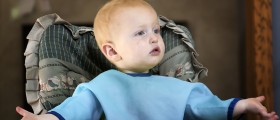

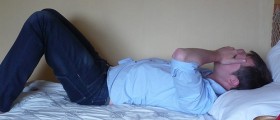

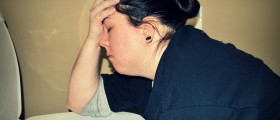

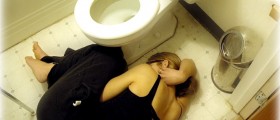
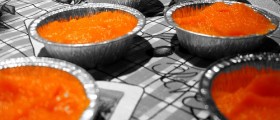



Your thoughts on this
Loading...